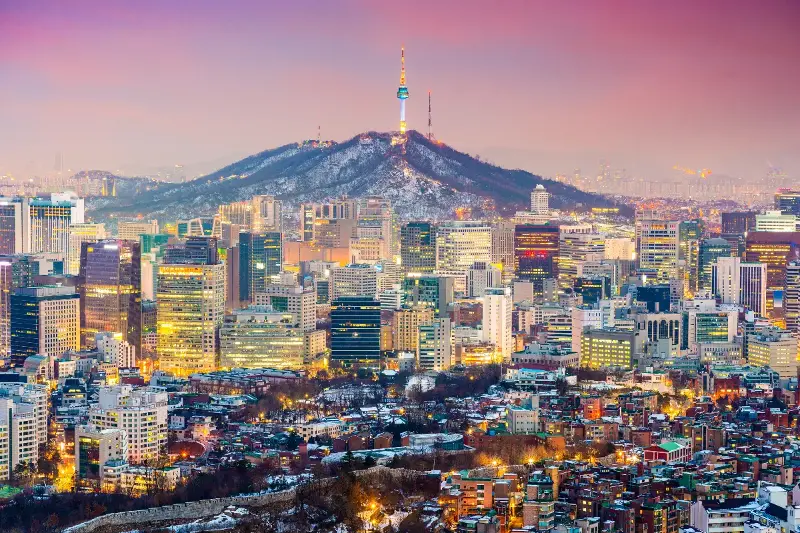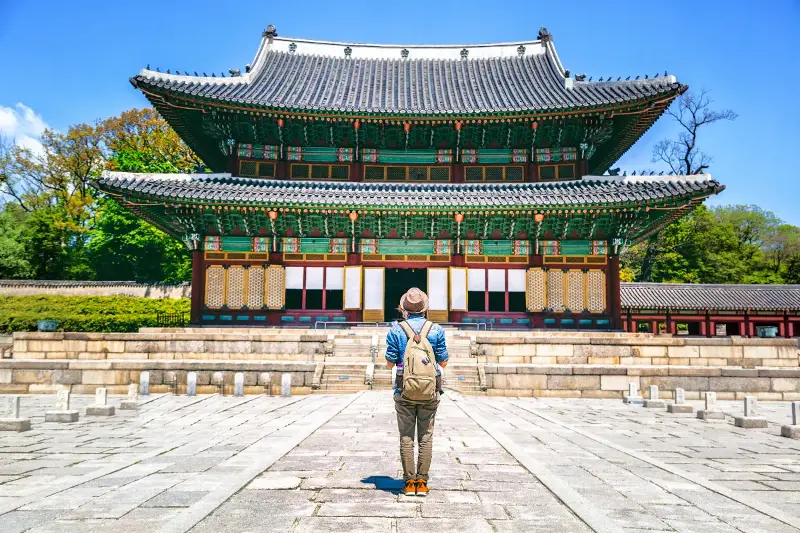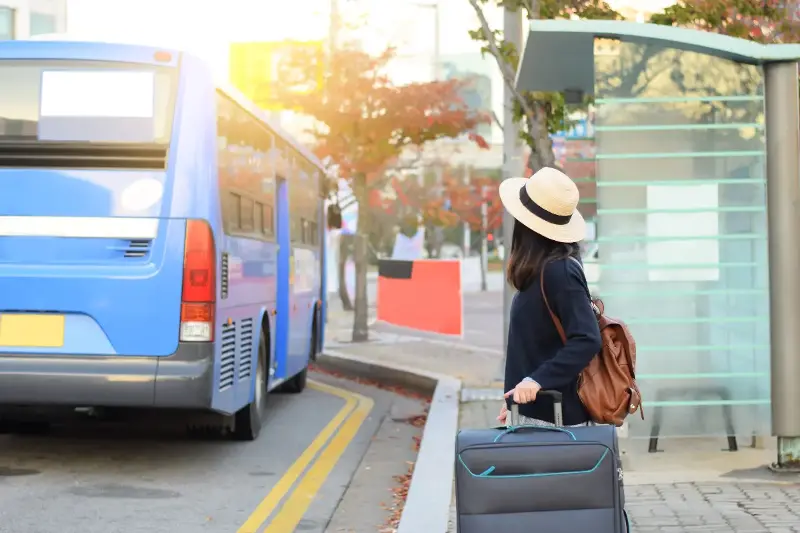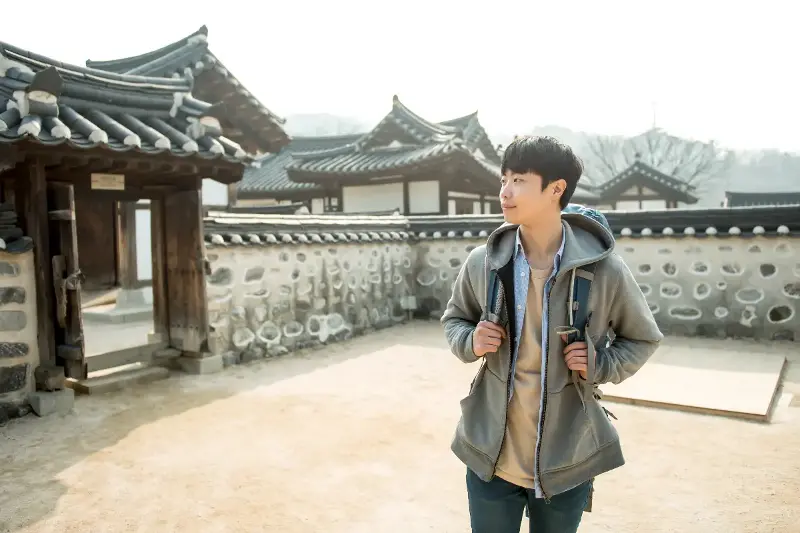South Korea is an electrifying blend of ancient tradition and cutting-edge innovation, where the past meets the future on every corner. If you’re planning an adventure to this captivating peninsula, understanding Korea’s unique social codes isn’t just polite—it’s an invitation to connect on a deeper level with locals and truly savour the culture. Ready to unlock the secrets to seamless travel? Here are the cultural essentials to know before you go!

Mastering First Impressions: Greetings with Meaning
Forget casual hellos—a Korean introduction is steeped in respect. When meeting someone, especially for the first time, remember to bow slightly; this age-old gesture is a sign of deference and humility. Handshakes may follow, but always use both hands or support your right arm with your left when shaking hands or exchanging anything valuable (like a business card). Eye contact should be soft, not piercing—timid glances convey politeness, not evasiveness.
Korean names are sacred. First names are reserved for close acquaintances. Stick to surnames or full names prefixed with titles like ‘Mr’, ‘Mrs’, or ‘Teacher (Seonsaengnim)’ unless you’re told otherwise.
Dining Like a Local: Table Etiquette Unwrapped
A Korean meal is a feast for the senses—steaming broths, sizzling barbecues, and tangy kimchi tempt your palate. But the magic lies beyond taste; how you conduct yourself at the table matters deeply.
- Wait for the eldest to start eating before you lift your chopsticks or spoon.
- Never stick chopsticks upright in rice—it’s a symbol linked to funerary rites.
- When pouring drinks, use both hands—especially for elders. If someone older offers you a drink, turn your head slightly away while sipping. It’s a subtle sign of humility that speaks volumes.
- Don’t leave food or drinks unfinished; showing appreciation for the meal is expected.

Shoes Off, Please: Navigating Homes and Sacred Spaces
The moment you cross a Korean threshold—be it an elegant hanok guesthouse or a trendy apartment—shoes come off. This custom preserves both cleanliness and comfort. It’s common to see a neat row of footwear by the door and to be offered indoor slippers or socks. Similarly, temples and certain restaurants will require you to bare your feet—embrace this as a gateway to authentic local living.
Conversational Nuances: Reading Between the Lines
Directness is valued elsewhere, but in Korea, harmony reigns supreme. Disagreements aren’t aired in public; instead, communication is often couched in subtlety and understatement.
- Expect to hear “maybe” or “it could be difficult” rather than a flat “no.”
- Silence can be golden—a thoughtful pause shows respect and consideration.
- “Face” (cheongmyeon) is everything. Public embarrassment or heated confrontation should be avoided under all circumstances.

Public Space Pointers: Getting Along in the City
City life in Korea is fast-paced and vibrant, especially in Seoul and Busan. Yet beneath the urban energy is a strong sense of community order. Queueing—at bus stops, shops, or public toilets—is a silent contract everyone observes. On escalators, stand to one side; walkers will pass swiftly on the left or right, depending on the city.
Priority seating on buses and subways is strictly observed for the elderly, pregnant women, and those with disabilities—never occupy these seats, even if the carriage seems empty.
Mindful Modesty: Appearance and Behaviour
Presentation matters in Korea’s social tapestry. You’ll notice that locals are meticulously turned out—clean, stylish, and polished, whether at work or leisure. While there’s room for self-expression, modesty is key: avoid revealing tops or excessive displays of affection in public, as these may draw unwanted attention.

Gifts and Gestures: Building Relationships
If you’re invited to someone’s home, a small, thoughtful gift— perhaps beautifully wrapped fruit or local delicacies—will win you instant goodwill. Always offer and receive gifts with both hands, and avoid gifts in sets of four, as the number is considered unlucky.
Reflect and Immerse:
Korea’s treasures aren’t merely its neon-lit grandeur or centuries-old palaces—they’re woven into everyday gestures of kindness, humility, and deep respect for both ancestor and guest. As you prepare for your journey, let curiosity and open-mindedness be your guides. Which cultural nuances will surprise you most? Sometimes, it’s the smallest acts of respect that unlock the grandest cultural exchanges. The true essence of Korea awaits—ready to be discovered, one polite gesture at a time.
